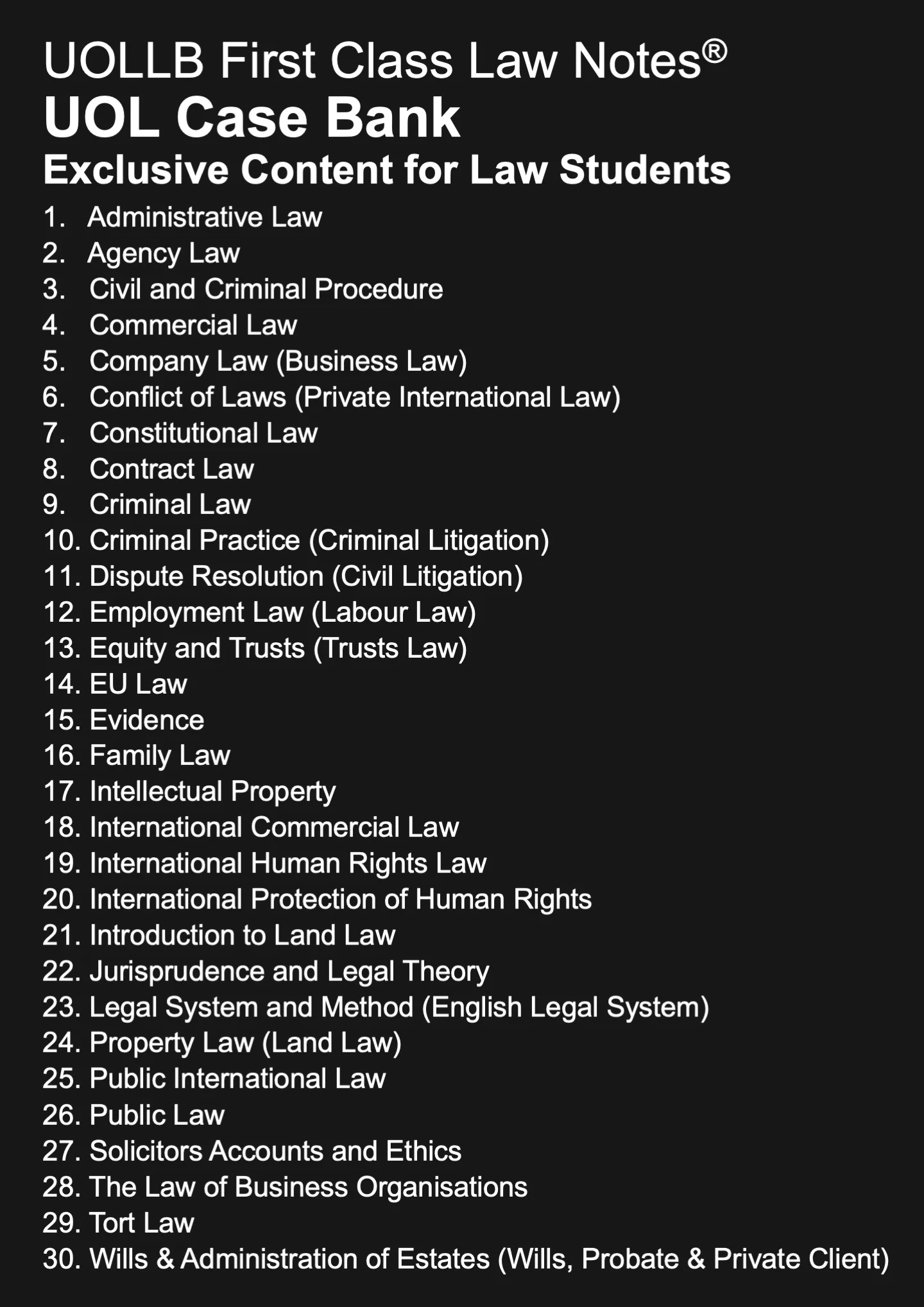How to Become a Lawyer in New Zealand?
Share
Becoming a lawyer in New Zealand requires a combination of academic qualifications and practical training. The process of becoming a lawyer typically takes several years to complete, and you will need to follow these specific steps:
Complete a law degree: You will need to complete a Bachelor of Laws (LLB) degree from a recognised law school in New Zealand. The LLB degree typically takes four years to complete. Alternatively, you can complete a Bachelor's degree in any subject and then undertake a Juris Doctor (JD) degree at the postgraduate level.
Complete the PLS: After completing your LLB degree, you will need to complete Professional Legal Studies (PLS) through the New Zealand Council of Legal Education. The PLS is a practical legal training program that includes coursework and work experience.
Obtain a Certificate of Completion: After completing the PLC, you need obtain a Certificate of Completion from the New Zealand Council of Legal Education. This recognises the completion of your law degree and the PLS course.
Obtain a a Certificate of Character: After obtaining the Certificate of Completion, you need to obtain a Certificate of Character from the New Zealand Law Society. This certifies that you are a “fit and proper person” to be admitted as a barrister and solicitor.
Get admitted to the bar: After obtaining both the Certificates of Completion and Character, you need to be admitted to the roll of Barristers and Solicitors of the High Court of New Zealand. This is a ceremony at your local High Court, where you will need to wear traditional court attire or a gown over neat clothing.
You are reminded that the above requirements may change from time to time, so it is important to keep yourself updated with the latest regulations and requirements set by the regulator.
Complete a law degree: You will need to complete a Bachelor of Laws (LLB) degree from a recognised law school in New Zealand. The LLB degree typically takes four years to complete. Alternatively, you can complete a Bachelor's degree in any subject and then undertake a Juris Doctor (JD) degree at the postgraduate level.
Complete the PLS: After completing your LLB degree, you will need to complete Professional Legal Studies (PLS) through the New Zealand Council of Legal Education. The PLS is a practical legal training program that includes coursework and work experience.
Obtain a Certificate of Completion: After completing the PLC, you need obtain a Certificate of Completion from the New Zealand Council of Legal Education. This recognises the completion of your law degree and the PLS course.
Obtain a a Certificate of Character: After obtaining the Certificate of Completion, you need to obtain a Certificate of Character from the New Zealand Law Society. This certifies that you are a “fit and proper person” to be admitted as a barrister and solicitor.
Get admitted to the bar: After obtaining both the Certificates of Completion and Character, you need to be admitted to the roll of Barristers and Solicitors of the High Court of New Zealand. This is a ceremony at your local High Court, where you will need to wear traditional court attire or a gown over neat clothing.
You are reminded that the above requirements may change from time to time, so it is important to keep yourself updated with the latest regulations and requirements set by the regulator.























































